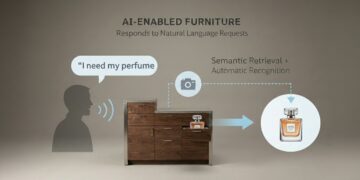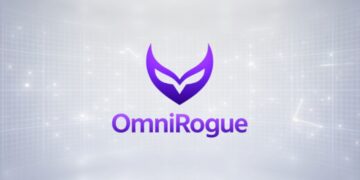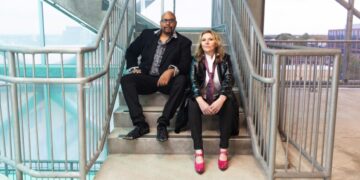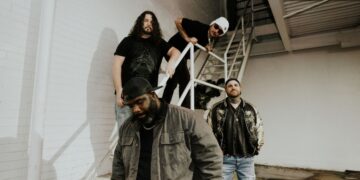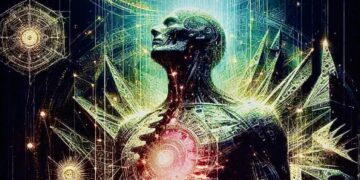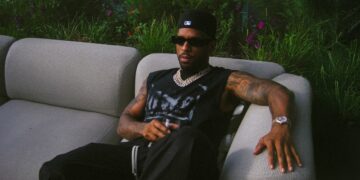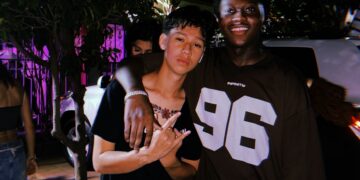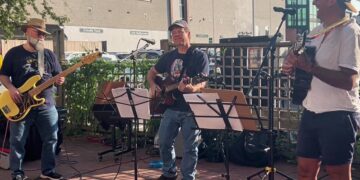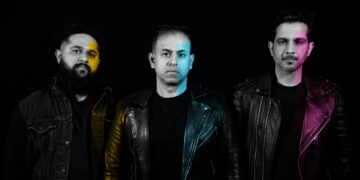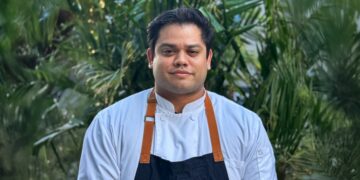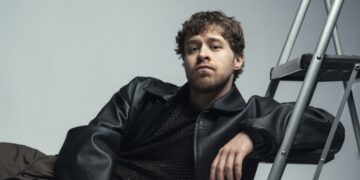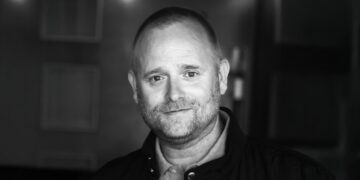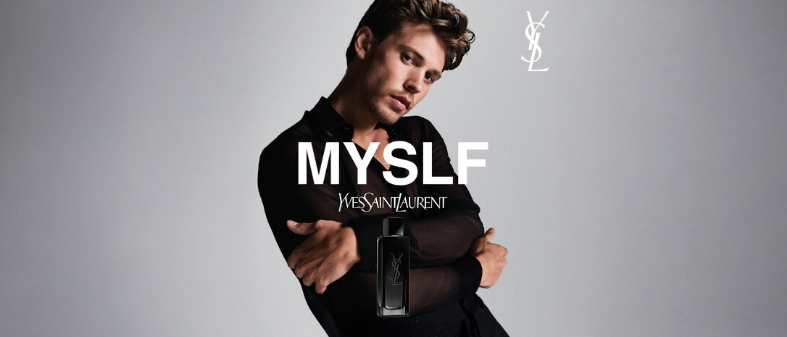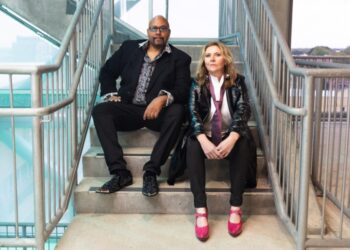Most 16-year-olds would jump at their first record deal. HiddenKind said no to ten of them. There’s something almost paradoxical about a teenager who wears a mask to express himself more freely, who turns down opportunities others would kill for, who finds beauty in imperfection while everyone else chases polish. Maybe that’s exactly why Universal Music’s A&R teams keep taking notice.
The South Korean producer, currently juggling 11th-grade humanities homework with fielding international contract offers, has been quietly amassing a treasure trove of unreleased material. From what we’ve heard, two demo albums particularly stand out—”Almost Perfect Sunset” and “Let’s Have a Dream Before Sunrise,” each containing eleven tracks that exist in that strange liminal space between sketch and song, professional and personal, hidden and revealed.
What sets HiddenKind apart isn’t just his age or the early industry interest from labels spanning the United States, Canada, and Europe. It’s his distinctive approach to blending emotional depth with pop sensibility, creating what he calls “emotional music with a touch of EDM layered on pop.” His tracks don’t chase perfection but instead embrace what he describes as “peaceful sadness”—that subtle ache when you realize a day is ending and you can’t hold onto it.
The mask itself tells you everything about his philosophy. “I don’t intend to wear a mask all the time,” HiddenKind explains. “For me, the mask is a form of storytelling, a medium to express another side of myself in the media.” Sometimes on, sometimes off—it’s less about hiding than about choosing when to reveal.
“Almost Perfect Sunset” builds around fleeting beauty and incomplete moments. The production features warm chords, quiet drums, and shimmering synth textures that breathe like fading light. You can hear the influence of The Chainsmokers in how he layers EDM touches over pop structures, but there’s something more vulnerable here, more willing to sit in uncomfortable emotional spaces.
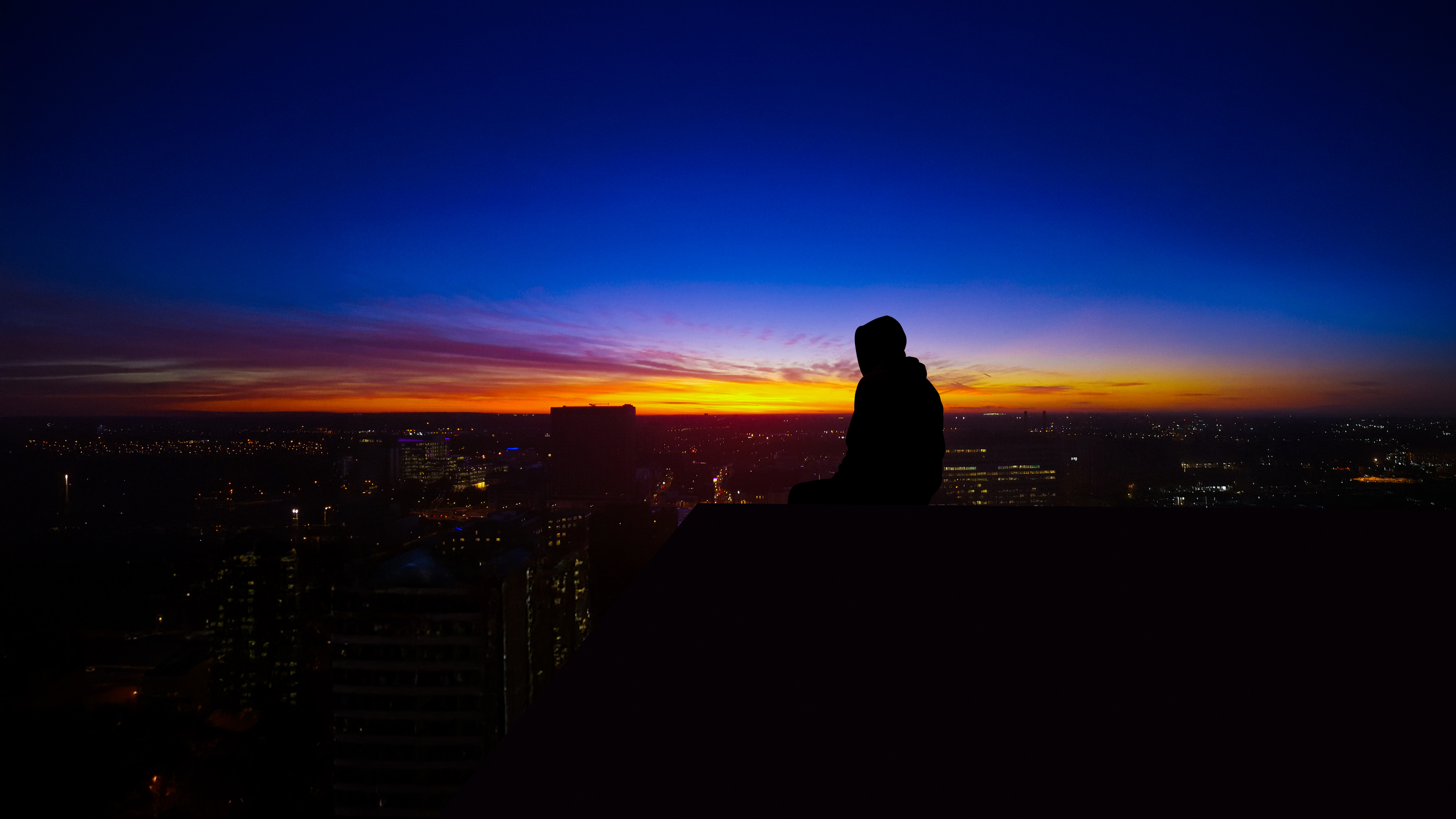
The follow-up album takes an even quieter turn. “Let’s Have a Dream Before Sunrise” weaves country-inspired elements through its electronic framework, creating pockets of nostalgia and solitude. HiddenKind deliberately saves his emotional peaks for after the bridge, subverting typical EDM drops for something more narratively satisfying. These aren’t dance tracks—they’re stories with synthesizers.
Having listened to numerous demos from both collections, what strikes you most is the compositional maturity. This kid understands how to capture “the sadness and bitterness hidden within joy, or conversely, the traces of joy that remain within sadness.” That’s not something you can teach. You either feel music that way or you don’t.
His path here wasn’t straightforward. HiddenKind started with classical music—attending performances with his father from age five, learning piano at seven, clarinet at ten. He performed several times on both instruments before the pandemic hit. Then COVID arrived, bringing depression and lethargy with it. Electronic music became his lifeline, transforming isolation into purpose. Suddenly, the classical foundation had a new framework to support.
The contract offers he’s reportedly turned down span multiple continents and range from single-track deals to more comprehensive agreements. Some included financial incentives, others promised engineering support or access to restricted markets. Each rejection was deliberate. He’s not looking for a quick break—he’s seeking alignment with a label that understands his vision.
“While I need vocalists for my albums,” he notes, addressing his role as producer-songwriter rather than performer, “I can promise that if you choose to develop me as an artist, I will become the very best.” It’s the kind of confidence that could sound naive from someone else. From him, after hearing the demos, it feels like prophecy.
Currently preparing EDM tracks for eventual live performances, HiddenKind envisions himself following the Marshmello or David Guetta model—producers with distinct identities who collaborate rather than hide behind their collaborators. He’s even willing to drop out of high school for the right opportunity, though that “right” opportunity remains carefully undefined.
There’s something quietly radical about an artist who embraces incompleteness as an aesthetic choice, who sees masks as revelation rather than concealment, who at 16 has already learned that saying no can be more powerful than saying yes. HiddenKind isn’t just waiting for his moment—he’s crafting it, one rejected deal at a time, building something that exists in the space between almost perfect and genuinely beautiful. The labels will keep calling. He’ll keep making them wait until one finally understands that the imperfection is the point.
HiddenKind can be reached at HiddenKind@outlook.com for management and development inquiries.

